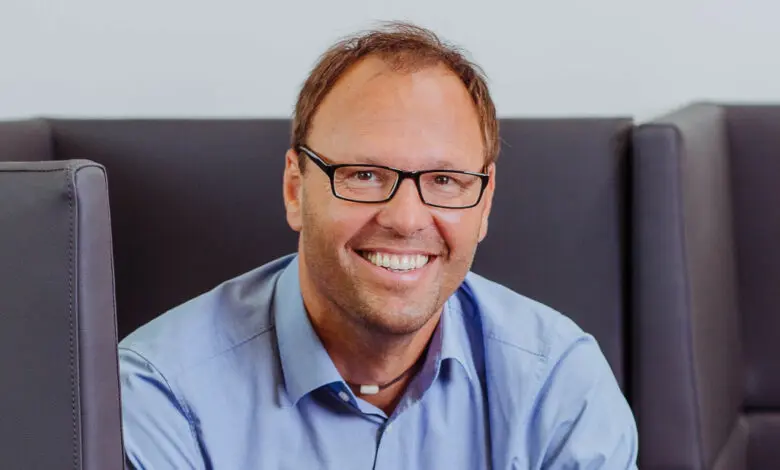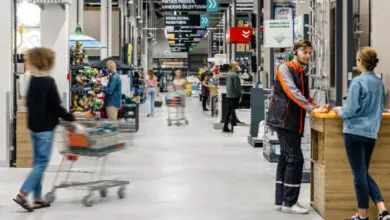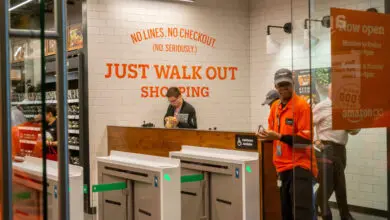Benjamin Beinroth is new managing director of Edeka IT

Edeka Group has reorganised the management of its IT subsidiary. As The Retail Optimiser has learned from the company’s consultants, Benjamin Beinroth is joining the management board of Edeka IT today. He will lead the technology unit of Germany’s largest grocery retail organisation together with Marco Schäfer, who helped shape Edeka IT as a member of the management board of Edeka Rhein-Ruhr and has been solely responsible for group-wide IT organisation since March of this year. Christoph Diekmeyer is expected to leave the management board of Edeka IT.
Edeka IT was founded in early 2024 as a merger of the IT departements of the seven Edeka regions with Edeka Digital (EDDI), the IT subsidiary of the head office. However, according to insiders, the establishment of the joint company has only changed to a limited extent the fact that the regions do their own thing in certain areas and implement this with their own IT organisations. For example, Edeka Hessenring does not participate in Payback, even though the loyalty scheme is supposed to provide data for Germany-wide negotiations with the brand manufacturers.
The days when there were two completely different SAP-based merchandise management systems in the Edeka world, EWA and EWIS, are long gone. However, the regions still do not base their IT decisions entirely on joint decisions. Ultimately, the independent merchants who shape the Edeka community and who can make independent decisions on self-checkouts, shop fittings, POS hardware or electronic shelf labels (ESL) see both their regional wholesaler and the central Edeka IT department as their service providers.
The challenge of decentralised organisation
It is therefore no coincidence that the Edeka community has now brought in Benjamin Beinroth, someone who has already succeeded in uniting the different interests in multi-level retail organisations. As IT manager at Fressnapf Maxizoo, Benjamin Beinroth succeeded in introducing omnichannel processes in such a way that individual franchisees were not at a disadvantage from centrally organised online sales. The former Fressnapf Head of IT is regarded in the industry as someone who is particularly good at dealing with people and resolving conflicts.
Benjamin Beinroth is highly regarded in the German-speaking retail technology scene for his profound expertise – particularly in the SAP Retail environment, which is crucial for Edeka. Before joining Fressnapf in early 2016, he spent almost nine years in a management position in IT at Tegut, most recently as CIO of the Fulda-based and Migros Zurich owned grocery chain. Like Edeka, both companies use SAP Retail.
Quirky regional exceptions create complexity
The change at the top of Edeka IT comes at a time of two gigantic projects, one of which is considered largely complete and the second of which is apparently taking longer than planned. While Edeka Group is still tweaking the development of a new POS Software, the conversion of the merchandise management systems from SAP R/3 to SAP S/4HANA is almost complete.
With Solace as event-driven data hub for master data and Relex for optimising and smoothing order quantities, Edeka IT is already relying on high-calibre non-SAP solutions. With the completion of the migration of the SAP core system, the doors should now be open for further new optimisation solutions and Relex should also be deployed where it is not yet.
The original introduction of a common SAP Retail system under the internal name Lunar, which was necessary to provide a uniform view of the business across all regions for national negotiations with the suppliers of goods, was more like a nightmare: it took eleven years and cost 350 million Euros, even according to official – presumably modest – estimates. And of course – otherwise it wouldn’t be the Edeka community – the regions also had numerous individual deviations from the Lunar standard programmed into Lunar.




